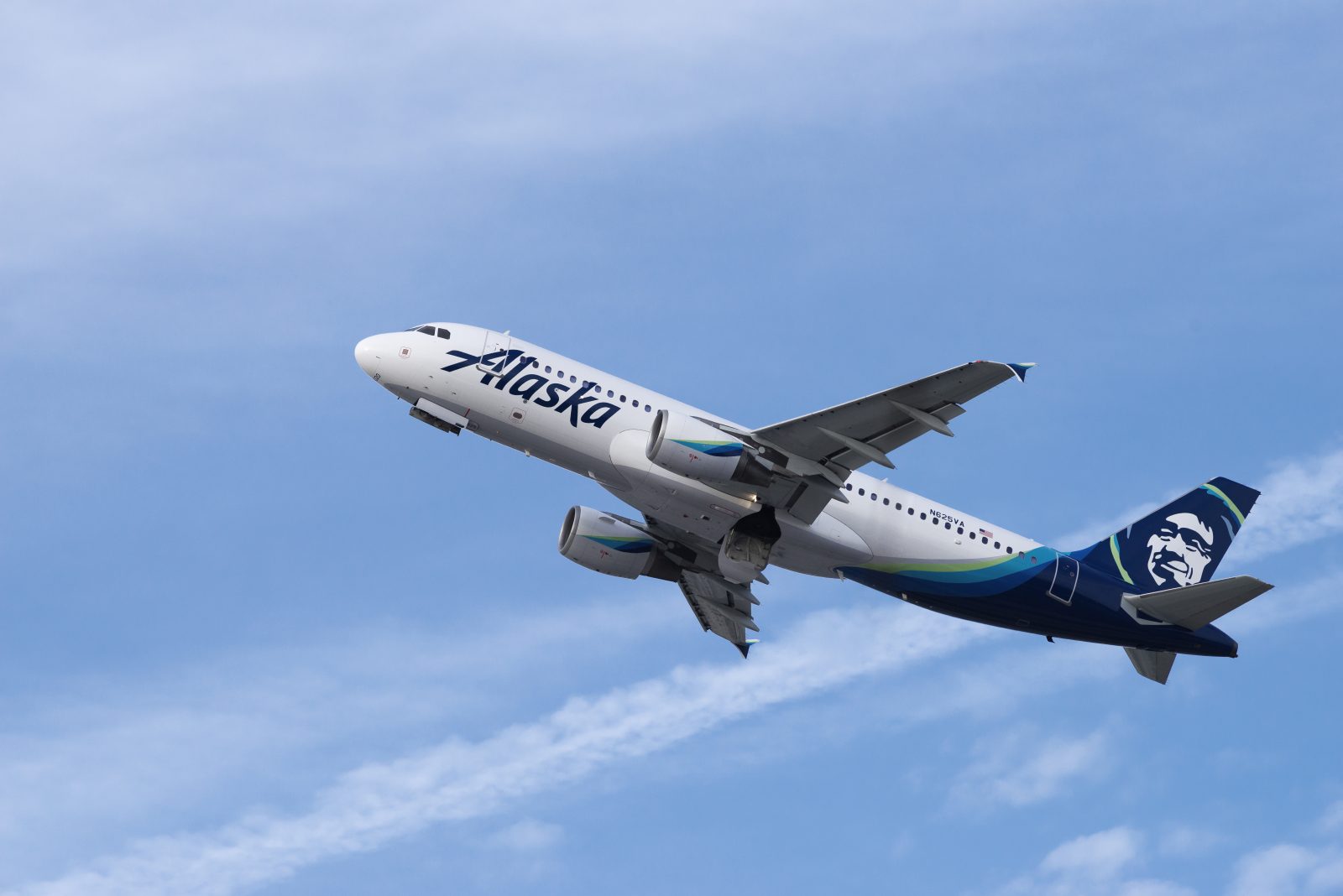
Alaska Airlines is involved in a legal tug-of-war with a flight attendant who claims the Seattle-based carrier has been breaking Washington state law by failing to provide crew members with mandatory uninterrupted meal breaks, as well as breaching overtime and minimum wage rules.
The lawsuit has similarities with a legal case brought by a group of Virgin America flight attendants who accused the now-defunct airline of breaking comparable labor rules in California.
Virgin America was acquired in 2016 by Alaska Airlines who continued to fight the lawsuit, arguing that state labor laws didn’t apply to crew members because federal provisions took precedence.
Surprisingly, Alaska Airlines lost the case, and after years of legal wrangling, the suit was finally settled last year when the Supreme Court refused to hear Alaska’s final chance of an appeal.
In the end, Alaska managed to come to a deal with California which effectively exempts local flight attendants from the state’s meal break labor laws if they are governed by a collective bargaining agreement.
When Crystal Krueger, a Seattle-based Alaska Airlines flight attendant, filed her lawsuit against the carrier last year, the airline tried to strike a similar deal with Washington state officials. Talks had been progressing well, and the airline had even managed to garner the support of the Association of Flight Attendants (AFA-CWA), which represents crew members at the airline.
The Bill that would exempt flight attendants from Washington’s meal break labor provisions was ready to be signed into law, but last month Alaska was rebuffed at the last minute when the House Labor and Workplace Standards Committee declined to advance the bill out of committee.
Crystal, who has worked for Alaska Airlines since 2019, claims the carrier broke Washington state laws because it didn’t routinely arrange for flight attendants to have an uninterrupted 30-minute break for every five hours at work.
Washington labor law does allow for situations where employees might be called away from their break early, but in these cases, employers are meant to pay workers for this time – something that Alaska Airlines didn’t do.
“Alaska Airlines has fostered a workplace culture that discourages employees from both taking required meal and rest periods, and preventing them from seeking pay for all missed breaks,” the lawsuit claims.
“When on a flight, Flight Attendants must remain alert, vigilant, on-duty, and available at all times to respond to any passenger needs or safety or security issues that may arise… accordingly flight attendants do not receive 30 minutes of duty-free uninterrupted meal period for every five hours of work,” the complaint continued.
Crystal also claimed that Alaska Airlines was breaking minimum pay rules because flight attendants are paid on a piece rate basis according to how many miles they’ve flown rather than on an hourly rate.
And in situations where flight attendants work more than 40 hours per week, Alaska Airlines is accused of not complying with Washington state overtime rules.
Alaska Airlines contends the lawsuit, and in the same way that it challenged the case brought by the Virgin America crew, the airline argues that Crystal and other crew members based in Washington state are governed by federal laws that supersede local provisions.
The two sides are, however, caught in a legal tug-of-war over where the case should be heard. Alaska Airlines has successfully argued that because of the potential for a multi-million-dollar payout, any trial should take place in a federal court.
Moving the case to federal court is in Alaska’s best interests because its arguments are far more likely to succeed in this setting. Crystal’s lawyers have so far failed to get the case brought back to a state court and have recently appealed to the US Court of Appeals for the Ninth Circuit.
In the meantime, Alaska is now giving flight attendants a minimum 10-minute sit-down break on flights with a block time of at least two and a half hours and a minimum 30-minute break on flights with a block time of at least four hours.
Crew members enjoying a break will be allowed to use empty passenger seats, and the airline is creating laminated cards that will effectively warn passengers not to speak to the crew member because they are on break – they could, however, be called back to work at any time.
Mateusz Maszczynski honed his skills as an international flight attendant at the most prominent airline in the Middle East and has been flying ever since... most recently for a well known European airline. Matt is passionate about the aviation industry and has become an expert in passenger experience and human-centric stories. Always keeping an ear close to the ground, Matt's industry insights, analysis and news coverage is frequently relied upon by some of the biggest names in journalism.







